Twentieth Century (1934)
“She loves me; I could tell that through her screaming.”
|
Synopsis: |
|
Genres, Themes, Actors, and Directors:
Response to Peary’s Review: Indeed, Lily ultimately “becomes just as pretentious” as Oscar, proving “Hecht and MacArthur’s cynical point… that once the theater gets in your blood, you lose your humanity”. As Peary points out, while “at times the script is slight… the film itself is consistently funny because of the bravura performances by Barrymore and Lombard” — both of whom are perfectly cast and in rare form here (Peary accurately notes that Lombard is likely the only actress who could come close to matching Barrymore’s hamminess). However, given that Oscar and Lily — who scream their way through the film — aren’t particularly sympathetic characters, I find myself admiring Twentieth Century more than I actually enjoy it; they deserve each other, but I was glad to say goodbye to them by the end of the film. The most memorable thread of the movie, for me, remains the hilarious subplot involving a lunatic passenger (Etienne Girardot) who wantonly posts “Repent” stickers all over the train. Given its place in cinematic history, Twentieth Century, should be seen by all film fanatics, but it may or may not become a repeat favorite. Redeeming Qualities and Moments:
Must See? Categories
Links: |
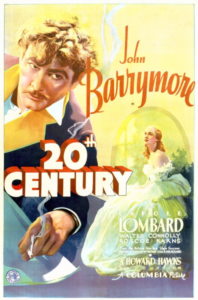
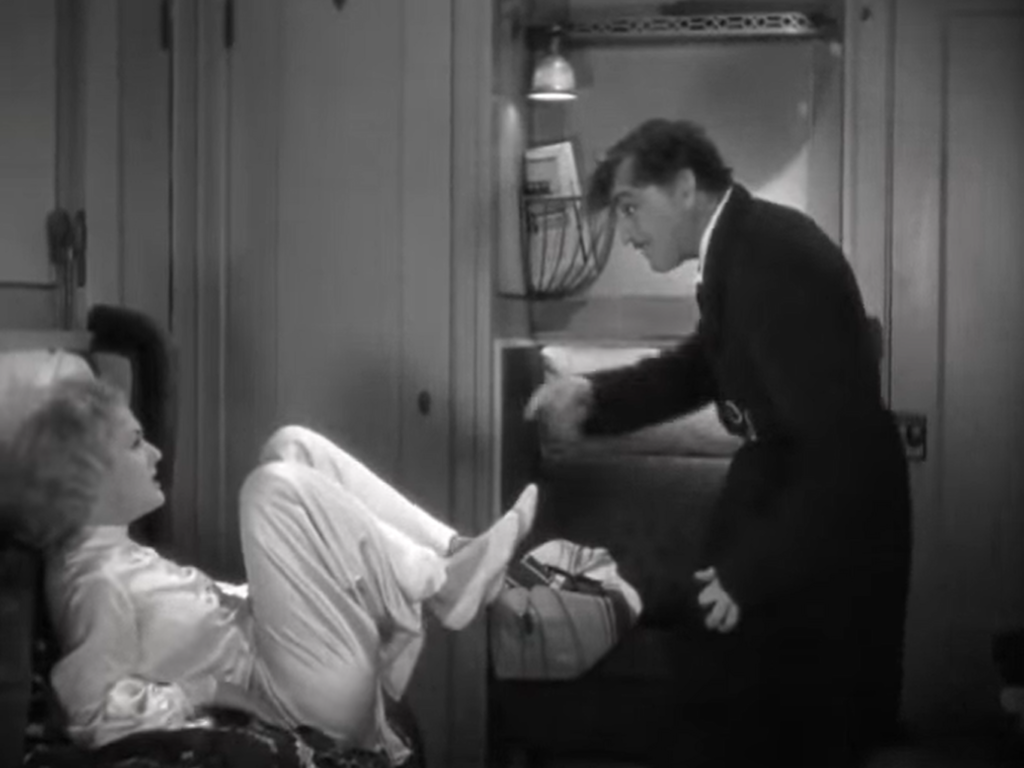
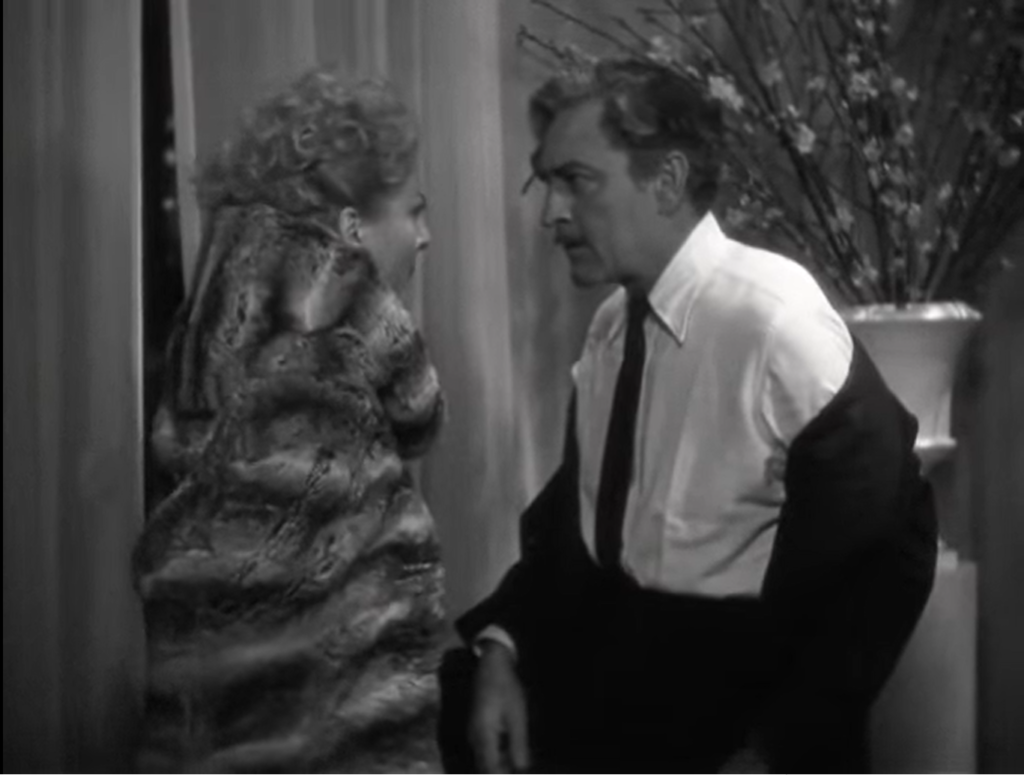
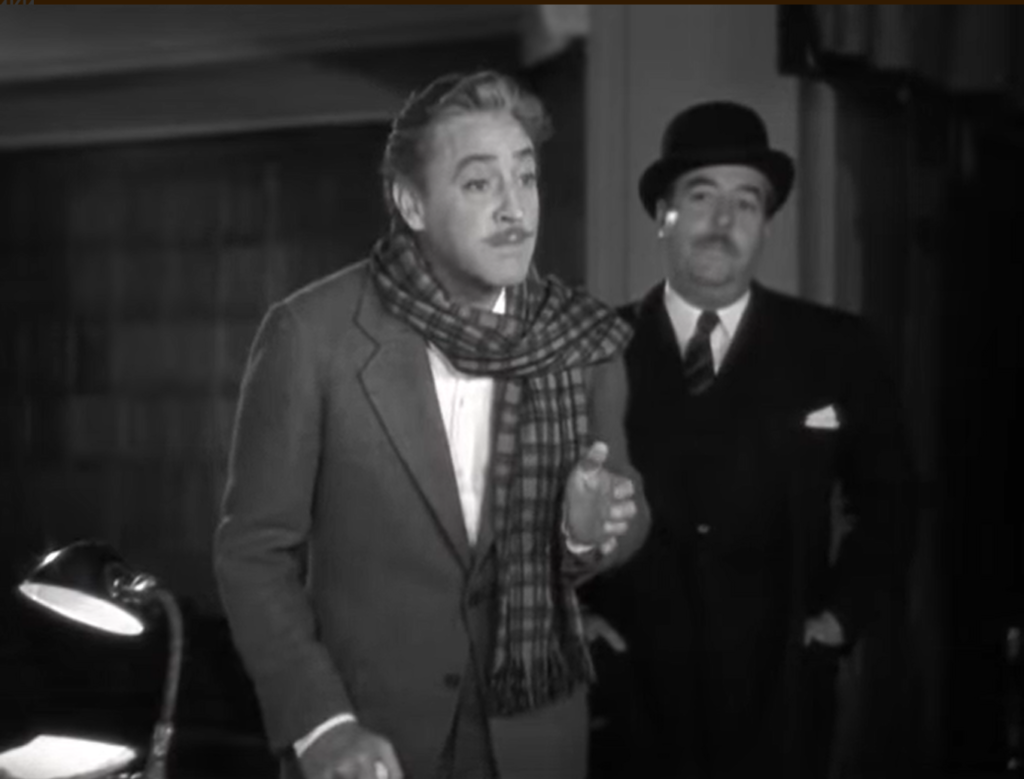
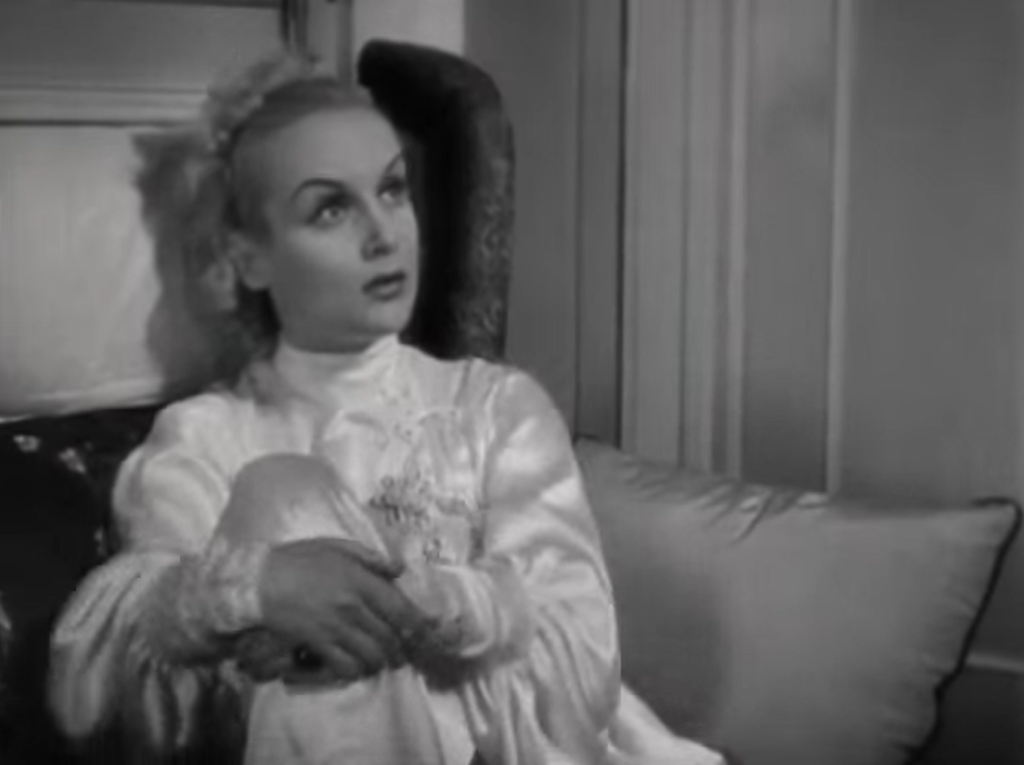
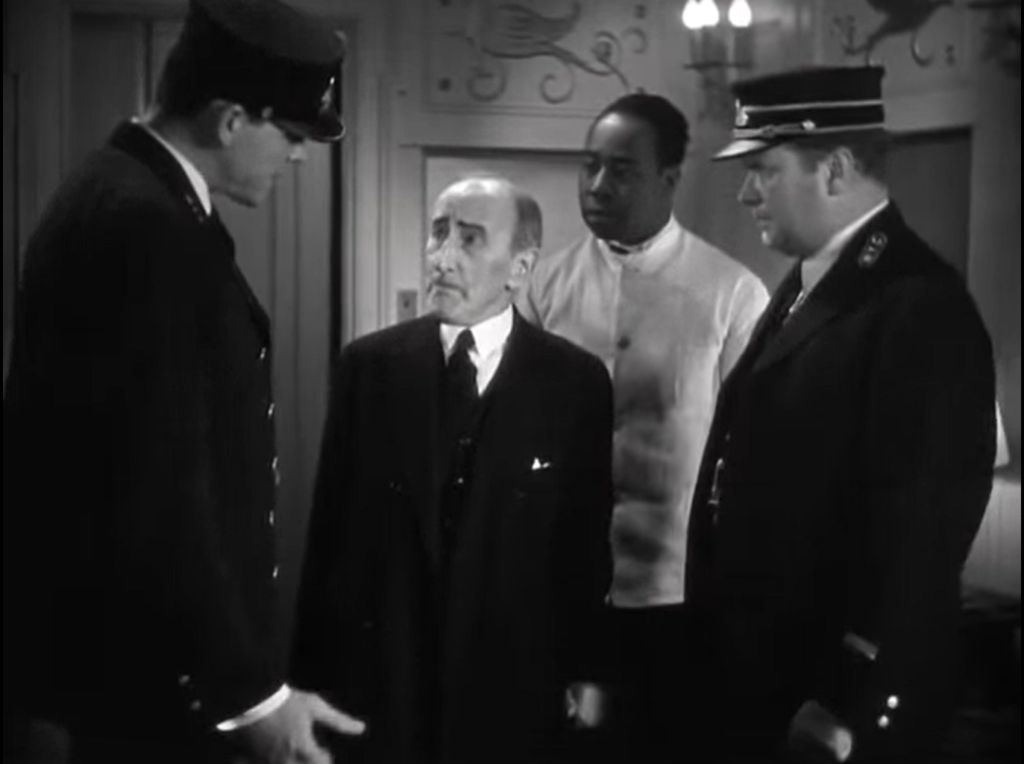
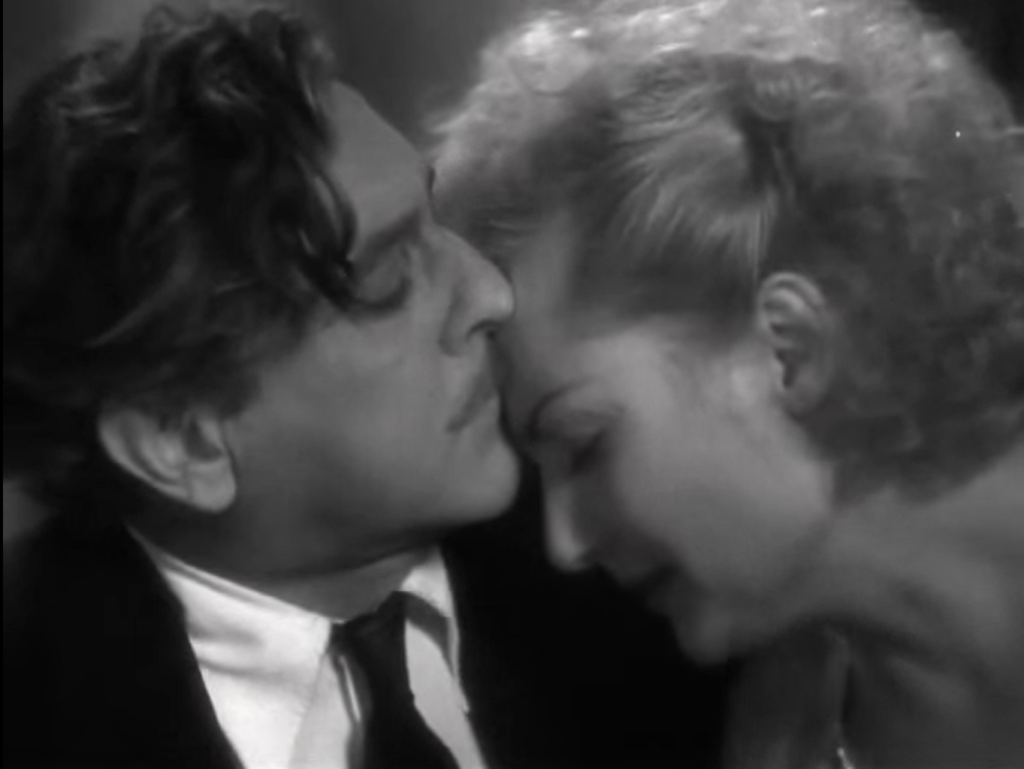
One thought on “Twentieth Century (1934)”
A must.
Though I agree that, unlike ‘The Band Wagon’ (my favorite musical), it is not a love letter to the theater. (The two films would make for an interesting double-bill nevertheless.)
I’ve seen this film quite a few times and – just seeing it again – it seems like Barrymore simply runs away with it. He is endlessly interesting to watch here – he just doesn’t seem to waste a second, and is helped greatly by quite a few terrific things he’s given to say. Lombard’s performance, on the other hand, doesn’t seem to hold up on repeated viewings. I don’t know that it’s entirely her fault, though. Her character doesn’t seem to be drawn as well as Barrymore’s, somehow. She has wonderful sequences but her overall performance comes off as hit-or-miss. She seems to be at her best in the first half of the film.
Those who do theater will most likely be the film’s biggest fans.